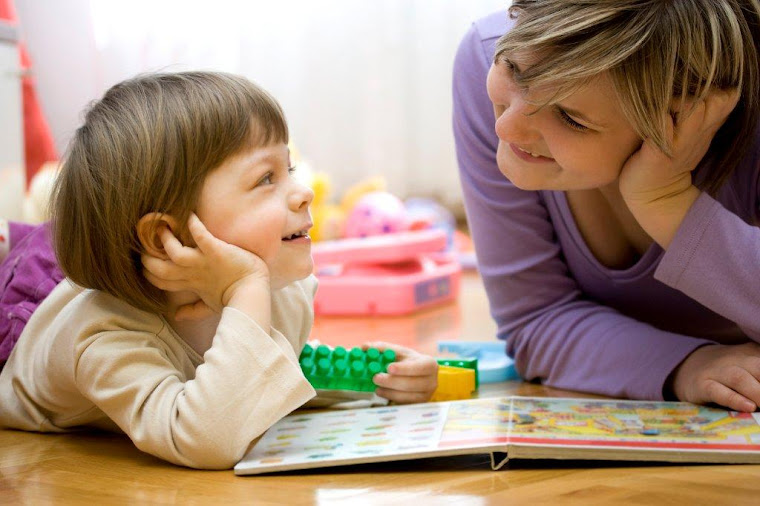And haven't libraries changed? No longer places of absolute quiet, they buzz with activity.
- reading sessions for pre-schoolers,
- the after school rush when children come in to play games, do their homework and change their books,
- people using computers,
- in some libraries the ability to watch DVDs,
- the quiet circle of people in armchairs reading the daily papers
- and still in the background people searching for books to read at home.
Information now comes in so many forms that libraries have moved with the times. It is no wonder that computers are now central to storing and making information available. And libraries are no longer confined to set opening hours. I can browse the catalogue of my local library (and the SLV) at home, make my choices, order my books and be notified when they are ready. But more than that, I can have access to an electronic library from my computer as my library subscribes to many on-line resources from encyclopedias to magazines that I can read at home.
Libraries are also changing in function. From being a repository of books to be used and generally lent out, libraries are now involved inpromoting the skills of reading, finding sources of information and making them available to the wider community, promoting book groups which are as much about reading as about social networks, sharing information about community issues and events, hosting writers' festivals and exhibitions, and from the written word have moved into many forms of media: music, film, spoken word. I know how wonderful the Talking Book service is to the visually impaired. And for those whose reading skills are limited, libraries are no longer a closed space, and those who read languages other than English are no longer excluded.
In the last blog I referred to the National Year of Reading. Among the aims of this year is to
promote a reading culture in every home; and to establish a goal for families, of parents and caregivers sharing books with their children every day. So go to your local library, join in the activities an help achieve the goals. And do look at the State Library website: it is a wonderful community resource (http://www.slv.vic.gov.au/). And if you are in the city, a visit to the exhibition Love and Devotion from Persia and Beyond is a magical experience.
I was passing a school recently and there was a sign on the fence about a new buiding: the Learning Resource Centre. I think that means a library, but is an attempt to get beyong the word which is after all derived from the Latin "liber" meaning book. But it seems a pity to lose the connection with this origin. It is comforting and intimate to hold a book in your hand, but an ebook is much easier when I am travelling!

